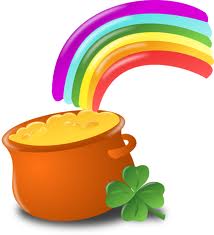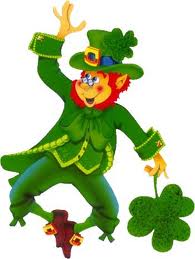March News
 March News
March News
It is hard to believe that we are already in March!
March Themes
During this short school month, we will be introducing the names of animals in French. We will do a variety of Spring art activities, as well as learn about the characteristics of Spring. In Math, we will continue to work on adding to 10 (K) and adding to 20 (1s). We are practicing counting on when adding. This means if we have 5 and 3, rather than adding by starting at 1 and counting: "1,2,3,4,5,6,7,8", we start at the biggest number, and add on. "5... 6,7,8" We will also be reviewing basic geometric shapes in French. We will be looking at traditional Coast Salish art and will be learning about different shapes they use in their art. In the area of literacy, letter and sound recognition will continue to be ongoing themes for K students. Remembering individual letter sounds as well as complex sounds are an ongoing focus for grade one students. All children are now being encouraged to write words in their journal entries using either invented spelling (writing sounds they hear) or conventional spelling. We will start doing "Story Workshop" where the children use a variety of loose parts to create a scene, and then tell a story (en francais!) about their scene.
Show and Tell
The show and tell theme for March is animals. Children are welcome to bring in anything to do with animals including pictures of animals, books about animals, feathers they may have found, etc. If you wish to bring a pet to share, please speak with me or email me so we can arrange a date and time to do this.
Reporting
Student-Led Conferences are happening on Wednesday, March 5 and Thursday, March 6. Children will be dismissed these days at 1:48. Parents are welcome to come back (with your child!!) anytime between 2-4. Your child will show you some of their work, and different activities in the class. The class will close at 4:30.
Second term written reports will be sent home prior to Spring Break.
Cognitive Overload
Cognitive overload is a term that is frequently being used in current educational research. Cognitive overload is a mental state where the working memory in the brain reaches capacity, becomes overwhelmed, and shuts down. This can easily happen when children are learning to write. Beginning writers are having to think about what they want to write, how to say it in French, what letters make the sounds, how to form the letters as well as remembering to leave spaces between words, punctuation, etc. It's a lot to remember! One way to help support your child and reduce this overload is by helping them with their letter formation. Encourage your child to practice printing letters at home. (You will need to be sitting with them or checking frequently to ensure that they are actually forming the letter correctly.) When children develop a good understanding of letter formation, printing will become much easier, and they will be able to do it without thinking. The result is a reduced cognitive load. The same principle can be applied to math. If children are still having trouble printing numbers correctly, it becomes one more thing they have to think about when working on their addition or subtraction facts.